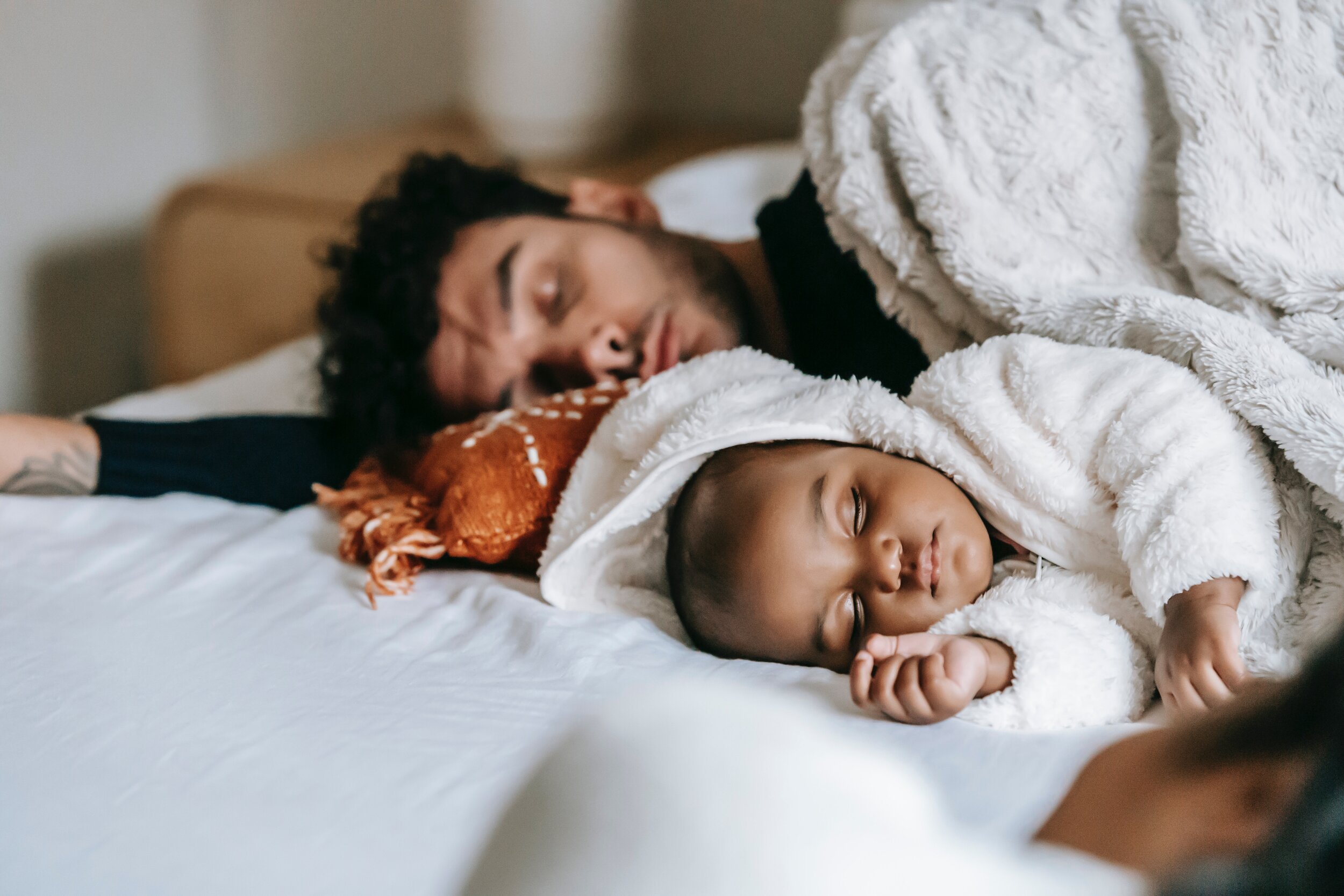7 sleep myths — busted
Hitting the hay at the end of a long day should be something we look forward to. Yet for many of us, sleep is full of stress and anxiety. What if I can’t get to sleep? How will I function if I don’t get 8 hours rest? Are siestas actually a good idea?
Mistaken beliefs around sleep don’t help the situation. So we’re here to set some common sleep myths straight — helping you separate fact from fiction and ease your worries around sleep issues.
Myth #1: If I can’t sleep, I should stay in bed
Reality: It may seem counter-productive, but the best thing to do if you wake at night and you can’t get back to sleep is get out of bed. This means your brain won’t associate your bed with wakefulness, and you’ll get tired more easily. So if you’re not asleep in 20 minutes, it’s important to get out of bed until you feel sleepy. Try reading or listening to some relaxing music.
💤 Listen to our Sleep Music playlists while you’re waiting to feel sleepy again.
Myth #2: I can catch up on sleep at the weekend
Reality: When you haven’t been sleeping well during the week, sleeping in at the weekend feels like an easy solution. But it can actually make things worse. Your body functions best with a consistent sleep pattern so try going to bed and getting up at the same times every day (even at weekends). It’s one of the best ways to regulate our circadian rhythm and maximize sleep.
💤 If you have trouble drifting off at the same time each night, try playing a Sleep Story when you hop into bed to help you fall asleep.
Myth #3: If I nap during the day, I won’t sleep at night
Reality: Napping at the right time and for the right duration won’t affect your ability to sleep at night. In fact, it may actually improve your chances of drifting off to dreamland. That’s because being over-tired can make it harder to fall asleep. To get started, try a short, 30-minute nap in the early afternoon.
💤 Doze off with one of our Nap Stories. They’re designed to be just the right length and will wake you gently with birdsong at the end.
Myth #4: I must get 8 hours sleep per night
Reality: The amount of sleep we each need is unique. Most of us feel best with somewhere between 7-9 hours of sleep a night. Some of us can get by with 3-4 hours while others require 10-12 hours of sleep. Find out how much sleep you require by checking in with your energy levels — if you wake up tired or you need caffeine to feel alert, you’re likely not getting the sleep your body needs.
💤 Gauge where your body’s at with some mindful movement. We recommend Morning Wake Up on Calm Body.
Myth #5: I’m just a bad sleeper
Reality: While some of us may be blessed with stronger sleep systems, we all have the ability to sleep well — we simply need to learn how to let our body do what it’s naturally built for. This means committing to helpful habits both during the day and in the evenings. That takes awareness and consistency but you’ll be rewarded with deep rest.
💤 Cultivate the essential tools for sound sleep with the 7 Days of Sleep series.
Myth #6: If I can’t sleep, I must try harder
Reality: The paradox of sleep is that it comes when you’re not trying. Instead of getting frustrated, focus on becoming less reactive and concentrate on relaxing instead. Meditation can turn down the volume on busy thoughts and worries, and induces a state of relaxation, which helps you slip into slumber.
💤 Try a guided meditation for sleep like Deep Sleep or Drifting off with Gratitude.
Myth #7: Setting up for sleep starts in the evening
Reality: While a soothing bedtime routine is important, the pathway to better sleep begins during the day. Try drinking water instead of coffee when you wake up and get 15 minutes of sunlight (preferably while exercising) to support your body’s sleep rhythms. A regular meditation practice during the day also primes our minds for non-reactivity, which helps us sleep.
💤 Listen to our Sleep Better Masterclass for practical tools that’ll help optimize your sleep.
Calm your mind. Change your life.
Mental health is hard. Getting support doesn't have to be. The Calm app puts the tools to feel better in your back pocket, with personalized content to manage stress and anxiety, get better sleep, and feel more present in your life.



